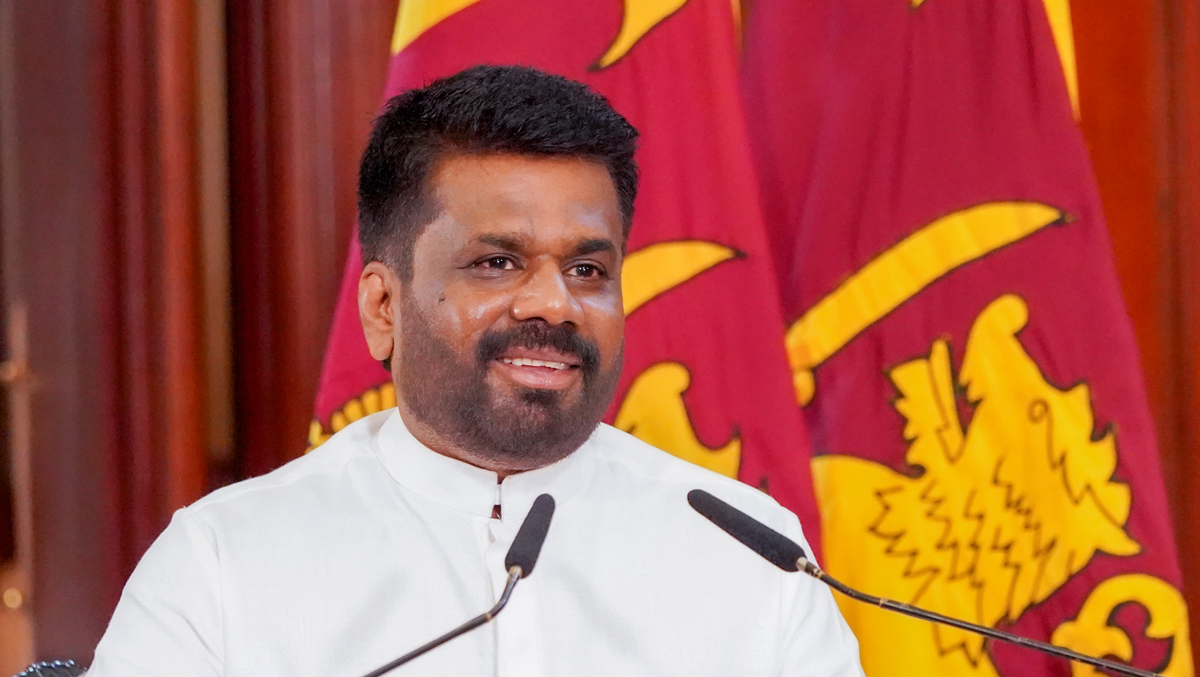

On December 25, 2024, both Sri Lanka and Tobago witnessed leaders delivering heartfelt Christmas messages emphasizing unity, compassion, and community. In Sri Lanka, President Anura Kumara Dissanayake called for a just and compassionate society as the nation continues to recover from a severe currency crisis. He urged citizens to embrace unity and resilience during these challenging times, drawing inspiration from the teachings of Jesus Christ, which emphasize empathy, respect for equality, and social justice [3e415372].
Similarly, in Tobago, Chief Secretary Farley Augustine delivered a Christmas message on December 24, emphasizing the importance of unconditional love within families and communities. Augustine urged Tobagonians to remember each other and share love beyond the festive season, reinforcing the values of togetherness and support [1cf930a2].
Minority Leader Kelvon Morris echoed Augustine's sentiments, reflecting on the strength of families and the need to reclaim Tobago's values. He highlighted the challenges faced by families, including job loss and economic struggles, while calling for community unity and empowerment for a brighter future [1cf930a2].
Both leaders' messages resonate with the broader themes of hope and renewal that have emerged during this festive season across various nations. In Sri Lanka, Dissanayake's call to action encourages all citizens to work towards a prosperous future together, while in Tobago, the focus on love and community spirit aligns with the global emphasis on compassion during the holiday season [3e415372][1cf930a2].